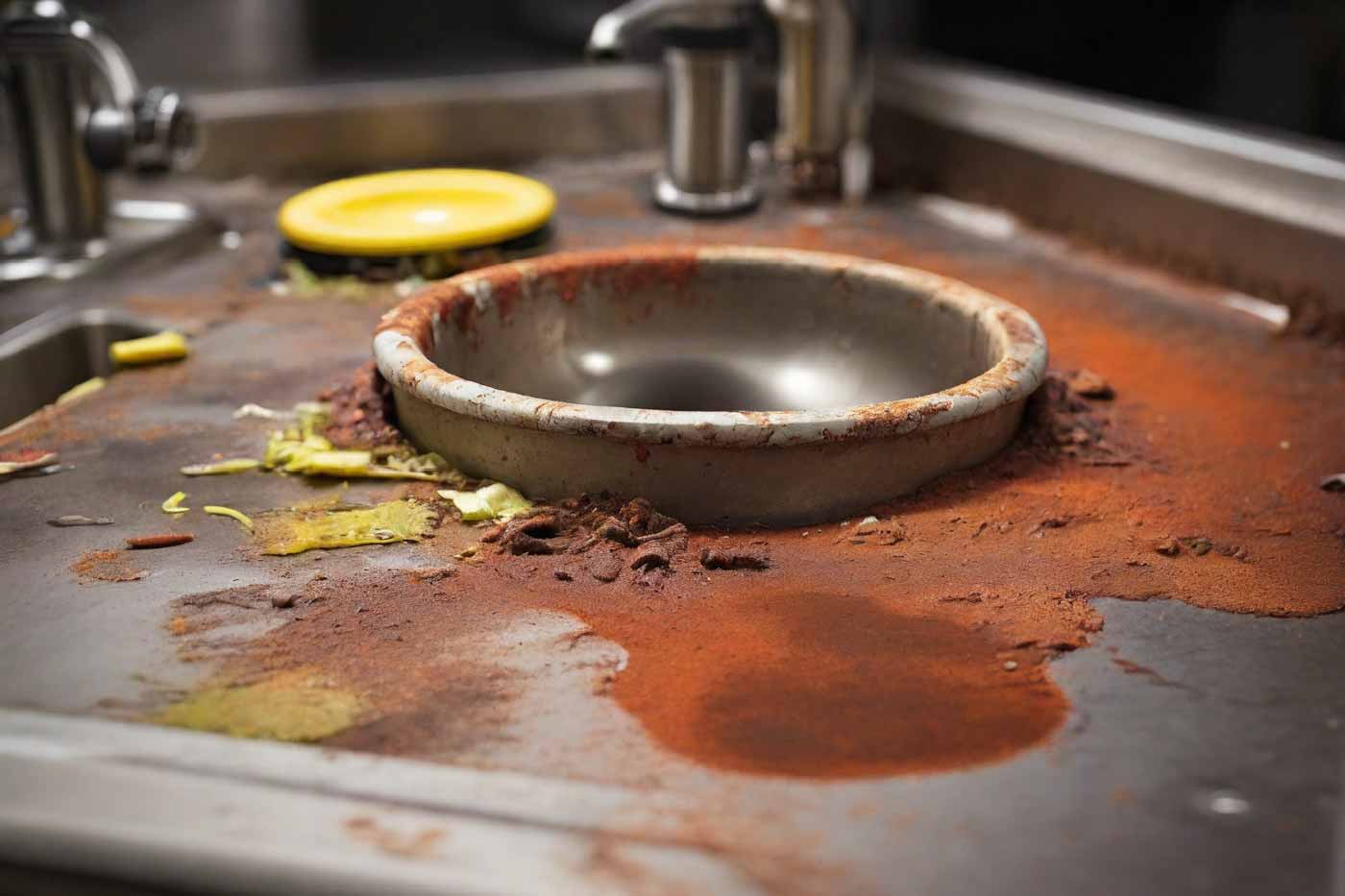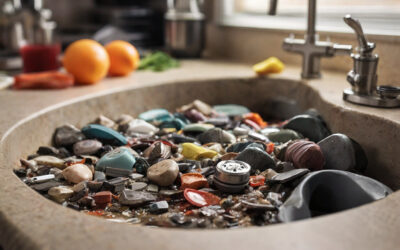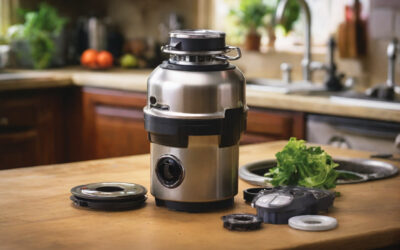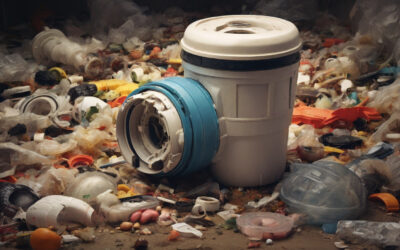Rust in your garbage disposal can be a nuisance. Causing unpleasant odors and potentially damaging the appliance if left behind. Fortunately, there are effective methods on how to remove rust from garbage disposal. In this guide, we’ll explore natural and chemical solutions to tackle rust buildup, along with preventive measures for better longevity.
Identifying Rust in Your Garbage Disposal
Wait before you tackle the clogs, it’s crucial to identify rust in your garbage disposal. But before going for any solution how to remove rust from garbage disposal. You must know if it is rust or not. To look for rust try to indicate signs. Things such as reddish-brown stains, and visible corrosion on metal components. As well as the presence of a metallic odor emanating from the unit. Here are some common ways to identify if your disposal has rust or not:
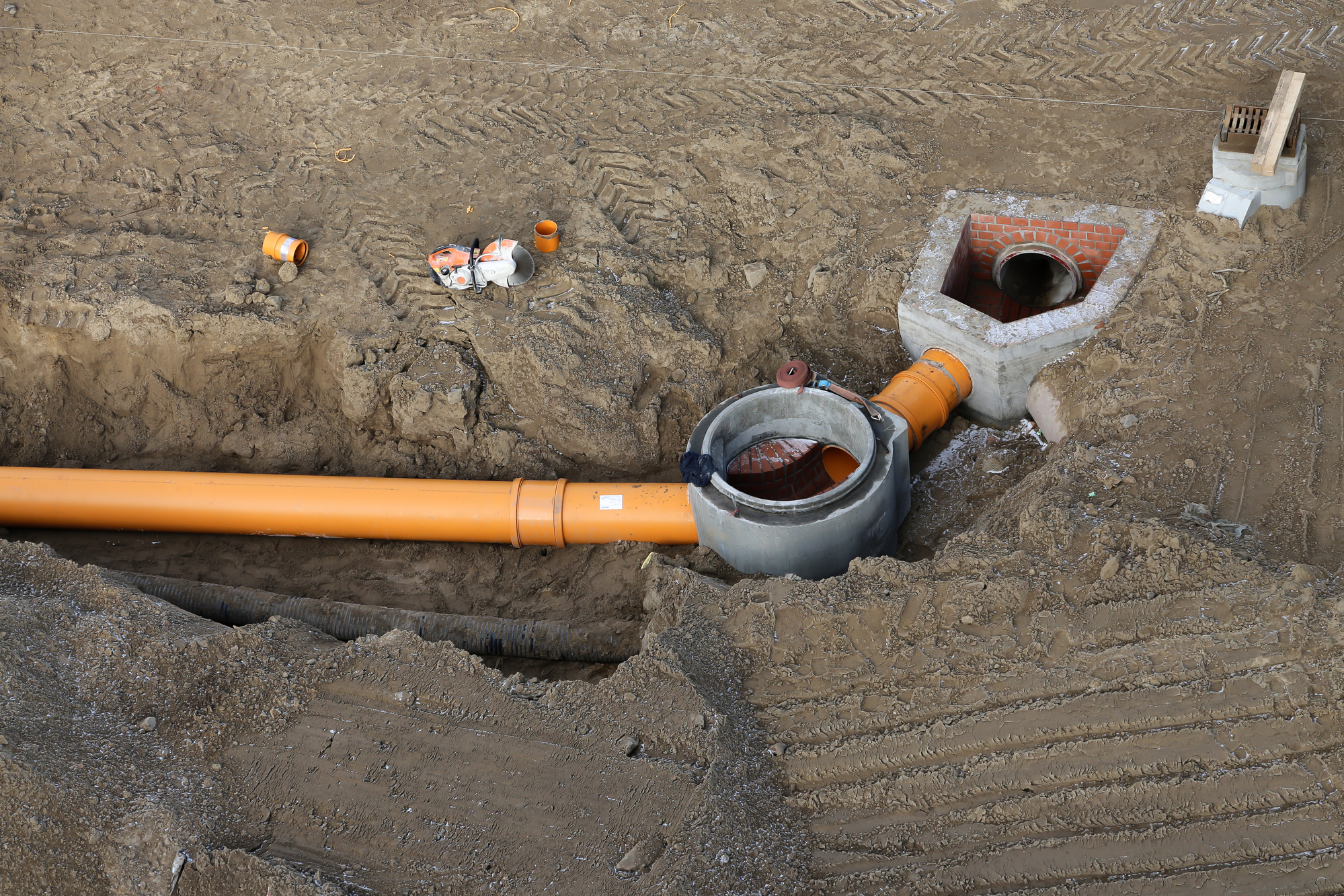
Common Causes of Rust
Exposure to Moisture
The interior of a garbage disposal is often moist due to the presence of water during operation. Continuous exposure to moisture can accelerate the rusting process, particularly in metal components such as blades, impellers, and grinding chambers.
Acidic Foods
Certain acidic foods, such as citrus fruits, tomatoes, and vinegar, can accelerate rust formation when they come into direct contact with metal surfaces in the disposal unit. Over time, the acidic nature of these foods can corrode the metal and promote rust development.
Hard Water
Water with high mineral content, commonly referred to as hard water, can contribute to rust formation in garbage disposals. Minerals like calcium and magnesium can react with metal surfaces, leading to corrosion and rust buildup over time.
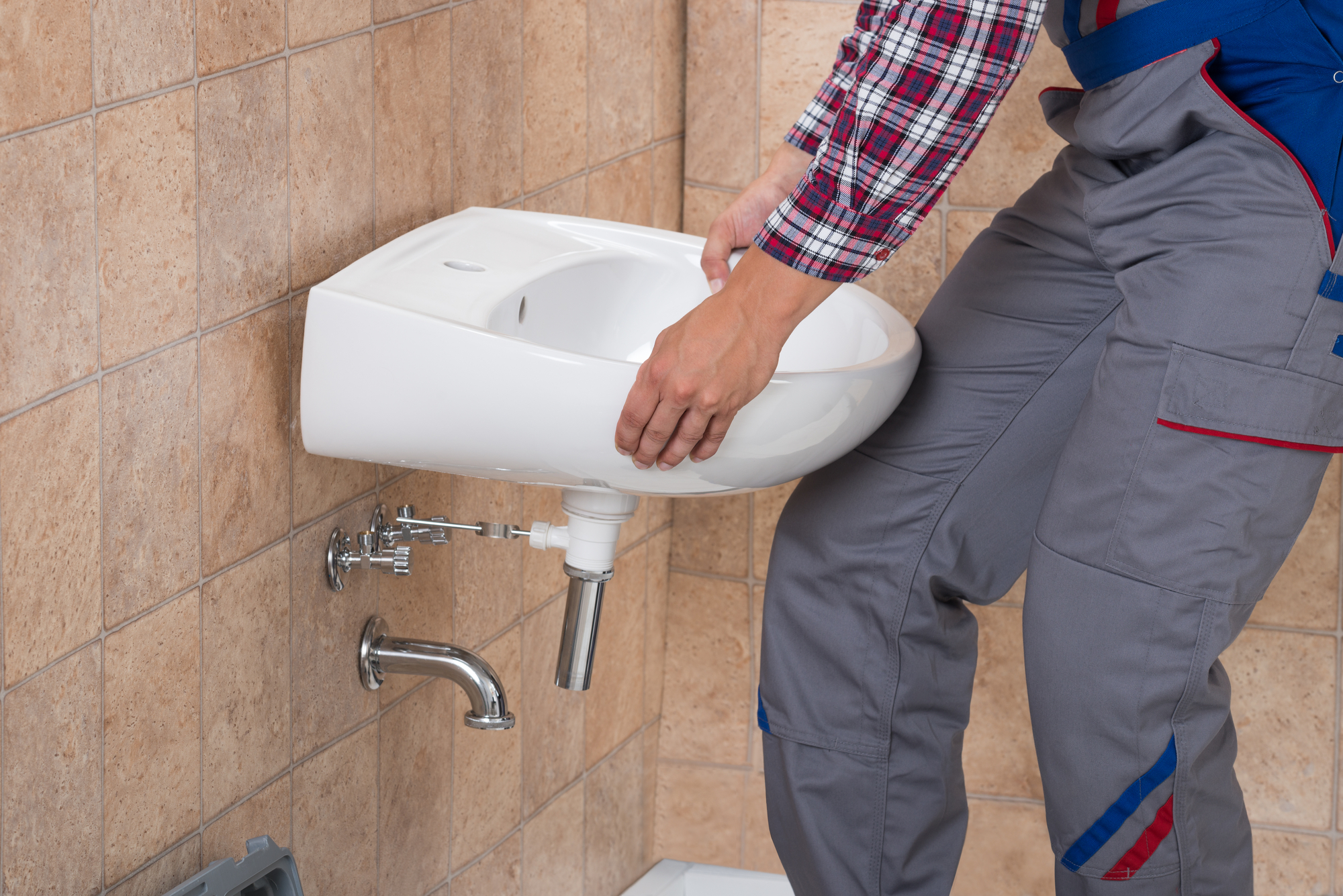
Age and Wear
As garbage disposals age, the protective coatings on metal components may deteriorate, leaving them more vulnerable to rust formation. Additionally, wear and tear from regular use can create small scratches and abrasions on metal surfaces, providing entry points for moisture and promoting rust growth.
Natural Solutions
Baking Soda and Vinegar
Create a paste by mixing baking soda with vinegar to form a thick consistency. Apply this paste directly to the rusted areas and let it sit for about 15-20 minutes. Then, scrub the affected areas with a toothbrush or scrubbing pad. Rinse thoroughly with water.
Lemon and Salt Scrub
Cut a lemon in half and sprinkle salt on the exposed flesh. Use the lemon halves to scrub the rusted surfaces of the garbage disposal. The citric acid in the lemon helps dissolve rust, while salt acts as a mild abrasive.
Chemical Solutions
Commercial Rust Removers
There are various commercial rust removal products available in the market. Follow the manufacturer’s instructions carefully when using these products, as they may contain harsh chemicals. Always wear gloves and eye protection when handling chemical cleaners.
Oxalic Acid
Oxalic acid, found in many rust removal products, is effective in dissolving rust. Dilute oxalic acid according to the instructions provided and apply it to the rusted areas. Allow it to sit for the recommended time before scrubbing and rinsing thoroughly.
Step-by-step process How to remove rust from garbage disposal Naturally
Ingredients:
- 1 lemon
- Baking soda
- Salt (optional, for added abrasiveness)
Instructions:
Cut the Lemon: Begin by cutting a fresh lemon in half. Lemons contain citric acid, which acts as a natural rust remover due to its acidic properties.
Sprinkle Baking Soda: Sprinkle a generous amount of baking soda over the cut surface of the lemon. Baking soda serves as an abrasive agent, helping to scrub away rust and grime.
Optional: Add Salt: For added abrasiveness, you can sprinkle some salt onto the lemon halves along with the baking soda. The salt will aid in scrubbing away tougher rust deposits.
Scrub the Rusty Areas: Take one of the lemon halves coated with baking soda (and salt, if using) and use it to scrub the rusted areas of your garbage disposal. Apply firm pressure while scrubbing to effectively loosen the rust.
Repeat as Needed: Depending on the severity of the rust, you may need to repeat the scrubbing process with the second lemon half. Ensure to cover all rusted areas thoroughly.
Let it Sit: After scrubbing, allow the lemon and baking soda paste to sit on the rusted surfaces for about 10-15 minutes. This will give the natural acids in the lemon and the abrasive action of the baking soda time to work on the rust.
Rinse Thoroughly: Once the paste has had time to work, rinse the garbage disposal thoroughly with hot water. Use a scrubbing brush or cloth to wipe away any remaining residue.
Inspect and Repeat if Necessary: After rinsing, inspect the disposal to see if all the rust has been removed. If there are still areas with rust, you can repeat the process or try alternative methods such as vinegar or oxalic acid solutions.
Repair and Replacement Costs
If the rust in your garbage disposal has caused significant damage or compromised its functionality, repair or replacement may be necessary. Repair costs can vary depending on the extent of damage and whether professional assistance is necessary. On average, repairing a garbage disposal can range from $75 to $200
In cases where rust is severe or the unit is beyond repair, replacement may be the best option. The cost of replacing a garbage disposal typically ranges from $150 to $500. But it depends on the model and installation fees.
Preventive Measures for Longevity
How to remove rust from garbage disposal is not always the solution. Sometimes you need preventive methods for better results and long-term operation. Homeowners need to learn these steps to help themselves prevent their disposal from clogging.
So, here are some steps on how to prevent the disposal from rusting:
Regular Cleaning
To prevent rust buildup, regularly clean your garbage disposal by flushing it with hot water and a mild detergent. This helps remove food particles and prevents corrosion.
Avoid Harsh Chemicals
Refrain from using harsh chemical cleaners or abrasive materials that can damage the metal components of your garbage disposal.
Use Rust Inhibitors
Consider using rust inhibitors or protective coatings specifically designed for garbage disposals to prevent rust formation.
FAQ
- Can I remove rust from my garbage disposal?
- Yes, it’s possible. Follow specific steps to clean and prevent rust buildup for optimal disposal performance.
- What causes rust in a garbage disposal?
- Moisture and metal exposure contribute to rust. Regular cleaning and avoiding prolonged wet conditions help prevent it.
- Is it safe to use chemicals to remove rust?
- Mild chemicals like vinegar and baking soda are safe. Avoid harsh chemicals; they may damage the disposal and pose safety risks.
- Can I prevent rust in my garbage disposal?
- Yes, wipe the disposal dry after use, avoid prolonged water exposure, and periodically clean it with safe, rust-preventing solutions.
- How often should I clean my garbage disposal to prevent rust?
- Aim for monthly cleanings using mild solutions. Regular maintenance helps prevent rust and ensures a smoothly functioning disposal.
Conclusion,
By following these steps and being proactive in maintenance. You will learn the effective way how to remove rust from garbage disposal. Not just this it will also prolong its lifespan, and ensure efficient operation for years to come. Remember to prioritize safety when using chemical cleaners and seek professional assistance if needed.

